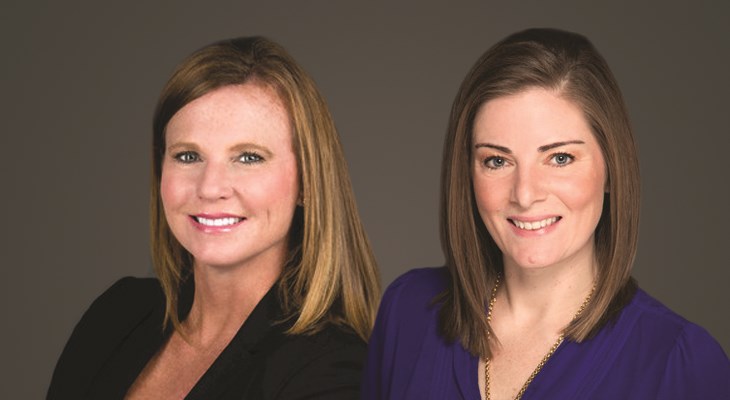Deal frequency, and call it viability, during the pandemic is contingent on industry.
“I deal a lot with some large restaurant franchisees who have been considering deals, so you can imagine that that space has been dramatically impacted,” says Kara Lewis, AB Bernstein’s managing director for Ohio. “With the closures we’ve seen, even in fast casual, those restaurants are still down 30 percent or so. So they’re going to wait for some more normalization before they proceed with the transaction.”
For others, deal progress was so far along that transactions are far more likely to happen. Much of that, however, depends on the buyer.
“Is a buyer willing to see past the COVID disruption and understand what normalization, in terms of earnings, would look like?” Lewis says.
But the volume of deals during the pandemic could depend on how sellers are feeling. Some might be holding out because the most important aspect of a deal is realizing peak price. For others, max value might not be the goal. Instead, particularly with older owners who’ve just managed to navigate their businesses through the challenges of the Great Recession, some sellers may just be exhausted and looking to cash out.
Lewis and AB Bernstein Senior Vice President Heather George spoke with the Smart Business Dealmakers Podcast about the seller mindset and how that might affect deal availability for buyers.
Fatigue factor
“It’s the degree of tiredness,” Lewis says. “If you’re really tired and you were already into a process, you may say, ‘I’m going to move forward with that process.’ If not, you may be looking out thinking, ‘I thought I was going to sell in five years, but what is this next five years going to look like for my business? And so maybe I want to accelerate that and really think about the next step, whether that’s bringing in other capital or not.’”
George says other business owners have next steps on their minds, but that might not mean a sale. They could be looking to determine whether there’s a viable transfer to someone in the business today or someone in the family, or whether the best option is to find an outside party to transact with.
For those who were, before the pandemic, already in the process of transferring responsibilities to the next generation of family members, that fatigue may have accelerated the transfer process.
“Maybe this senior business owner really is feeling like they could take a step back and, maybe, in fact, through this challenging COVID experience, they now have the confidence in the next generation as they’re seeing them navigate these challenges well,” George says.
On to the next phase
Selling a family business to a third party is an entirely different dynamic than an internal transition, George says. It’s dependent in part upon a lot of market and economic forces. But it’s also about the mindset of the seller.
“I think the fatigue really plays into that lifestyle change,” George says. “We’re seeing, when you look at the statistics and demographics of, for example, baby boomers who own businesses today, so many are really reaching this peak age where they should be retiring. And the research shows that, historically, particularly coming out of the financial crisis, they may have delayed that succession planning. But here we are 10 to 12 years later, they’re now in their late 60s and 70s, and absolutely I think this idea of moving on to the next phase of life is the driving reason for a transaction. That should not have changed; it’s maybe even accelerated that desire in this environment.”




